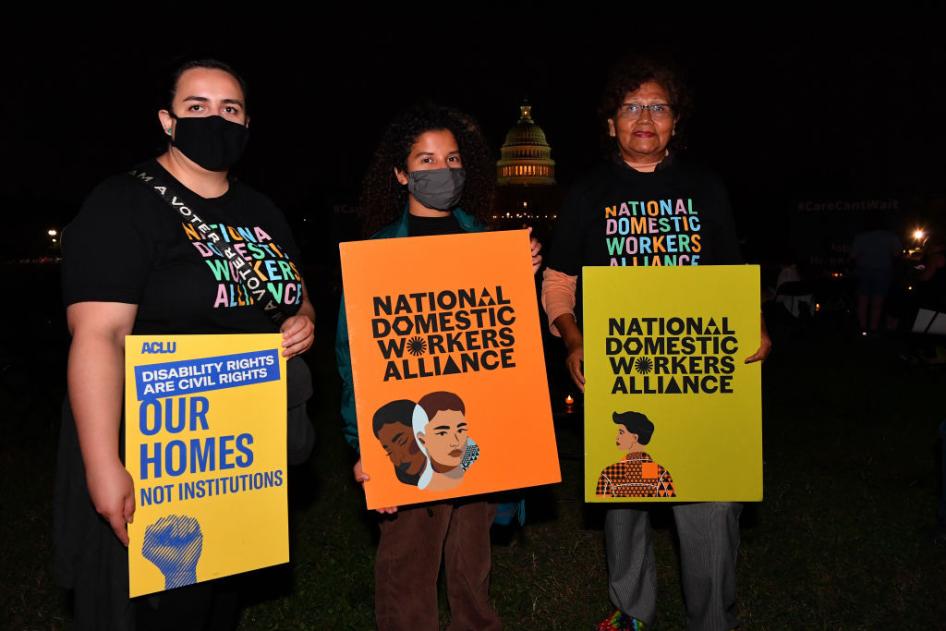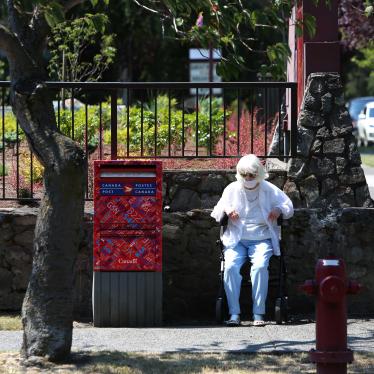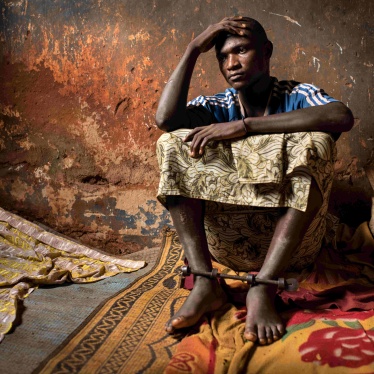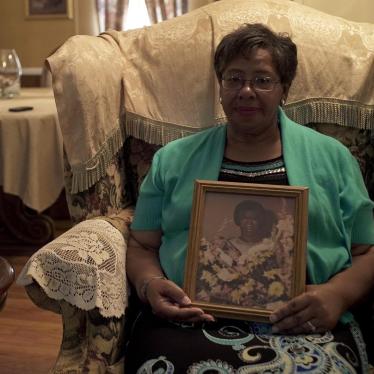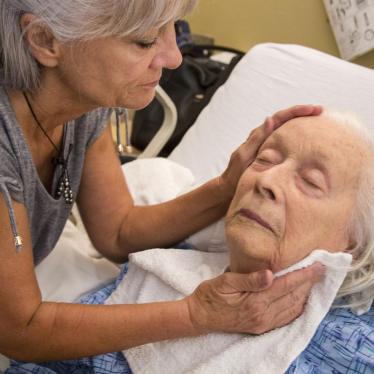The overwhelming majority of older people and people with disabilities in the United States, no matter how they vote, prefer to live at home rather than in a residential institution like a nursing home. Accordingly, millions of people access home and community-based services (HCBS) to help them live independently.
Yet, about 820,000 people in the US are currently on waiting lists to receive HCBS, reflecting decades of underinvestment in this program, which is run by Medicaid, a federal and state-run program helping people with healthcare costs. With demand for these services projected to increase by 60 percent over the next twenty years, the system risks collapse.
Congress has a historic opportunity to prepare for the future with full funding for HCBS in the budget reconciliation bill, which seeks to address eligibility for HCBS, as well as quality of care and workforce concerns.
Investment in the workforce is a key element. The 4.6 million HCBS direct care workers, overwhelmingly women and people of color, have historically received low wages and little to no benefits. Recent research reports that almost 44 percent of direct care workers live in low-income households. These conditions contribute to high worker burnout and turnover.
Improvements to HCBS are also projected to create short and long-term economic benefits across the US. HCBS services are more affordable than institutionalized care and can enable family caregivers to return to the workforce.
HCBS can be key for people to realize their rights to autonomy, dignity, and health. A recent Human Rights Watch investigation revealed that the Covid-19 pandemic exacerbated existing quality of care concerns and staffing shortages in US nursing homes, where many people did not want to be. In our non-representative survey of over 500 nursing home residents and families, most of those who wanted to leave a facility during the pandemic were unable to do so, in part because of lack of access to services like HCBS.
We believe Congress should ensure that everyone, regardless of income, can receive these critical social services. Human Rights Watch is also working to advance access to affordable water, affordable prescriptions, and affordable homes that are accessible for older people and people with disabilities. HCBS is crucial for rights protection and deserves full support and funding.

